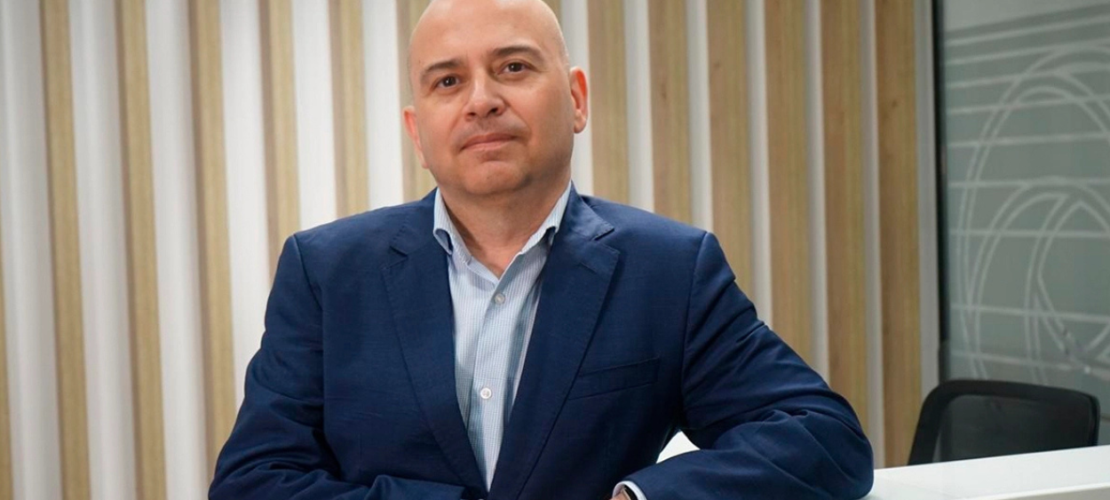Offices facing the blackout: generators, flexibility and international coordination
by julia gil
Yesterday left an unusual picture in several parts of Spain: blacked-out screens, stopped elevators and inoperative telephone lines. A widespread blackout affected many areas of the country for hours, with particular impact on urban centers such as Madrid, Barcelona, Valencia and Seville, where business and legal activity was suddenly disrupte.
Although the supply was gradually restored throughout the afternoon, there were still areas affected at the time of going to press. So far, the authorities have not yet identified the responsible party or determined the cause of the outage, although they have indicated that full normality could take between 24 and 48 hours to be restored.
Flexible protocols
In the midst of this lack of information and the operational paralysis caused by the outage, law firms were forced to react quickly. The priority was clear: guarantee the safety of their professionals, ensure service to clients and maintain operational activity as far as possible.
Most firms opted to give their teams a great deal of flexibility. At EY, for example, it was recommended from the outset to avoid unnecessary travel and gave the green light to immediate teleworking. This Wednesday, the firm is continuing with a policy of total flexibility.
Generators at the ready
Where the blackout was not a brake was in those offices equipped with autonomous energy systems. This is the case of KPMG, which, thanks to its generators, hardly noticed the outage. The firm recommended staying in the office to avoid traffic problems resulting from the blackout and guaranteed minimum services to clients who required them. Today, the scheme remains flexible.
A similar response was experienced at Uría Menéndez, where the generators kept the office operational at all times. In addition to ensuring legal coverage for the most urgent matters, the firm offered free food to all staff, with the aim of reducing travel to a minimum. “Thanks to the generators, the office was able to be operational at all times, thus assisting clients’ needs as usual,” the firm noted.
Baker McKenzie and PwC were also able to work normally thanks to their energy infrastructure, without experiencing any interruptions in their operations. Baker also sent an internal communication reiterating total flexibility for those who preferred to work from home.
Minimizing disruption across borders
Cuatrecasas, with generators operating in all its offices, activated a protocol for voluntary attendance at the office. In the evening, they advised teleworking for Wednesday at the Madrid and Barcelona offices, mainly to avoid using the car. In Portugal, where the impact of the blackout was greater, they also operated with generators, which minimized the impact on their activity.
The situation was more complex in firms such as Squire Patton Boggs, which was forced to send its professionals home due to the impossibility of continuing to work from the office. This morning, however, an internal communiqué confirmed that activity had resumed as normal.
Global Coordination in Action
At Watson Farley & Williams, the approach was different. The priority was to offer full flexibility to allow lawyers to attend to their families first. But what really made the difference was the firm’s international coordination capability. With any local disruption, messages and calls were automatically redirected to unaffected offices, in this case London. “London took the reins while we regained connection. We were never disconnected,” said the firm, which highlights the strength of its technological network as the key to overcoming the crisis without interruption.
An unlucky first day for Garrigues’ new headquarters
In a coincidence that is hard to forget, Garrigues spent its first day in the Torre de Colón – its new headquarters in Madrid – right in the middle of the blackout. After assessing the situation, management decided to send the entire team home. Today, with the situation back to normal, the firm is working from its new offices, which house the firm’s 700 professionals in the capital, spread over more than 20,000 square meters of the emblematic building.
A test of resilience for the legal sector
This is how some of the main law firms responded to a day that tested not only the electrical systems, but also the legal sector’s capacity for reaction, coordination and resilience in the face of the unexpected.












